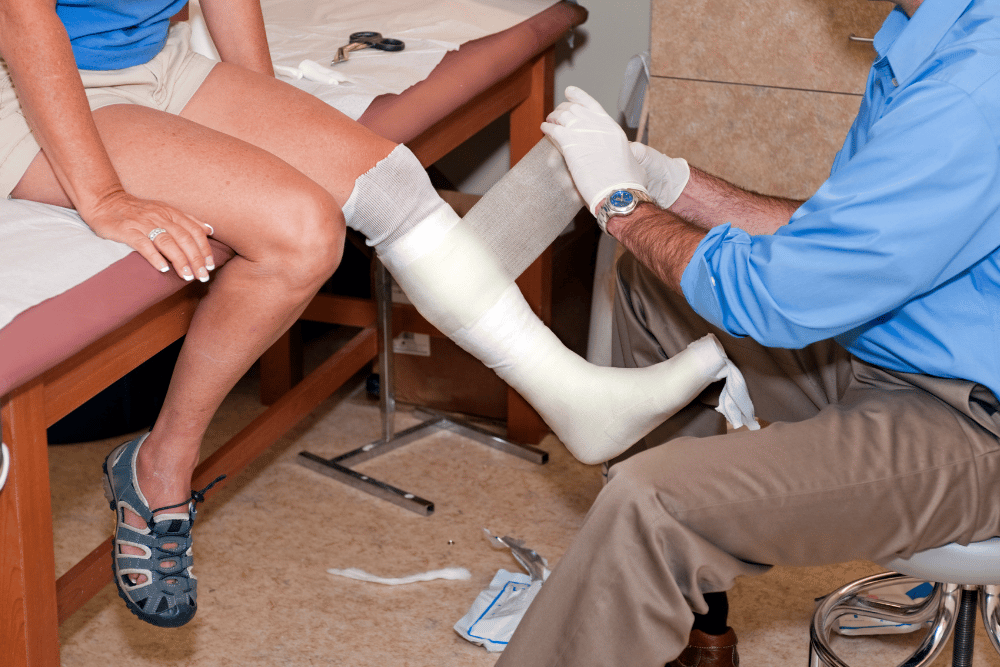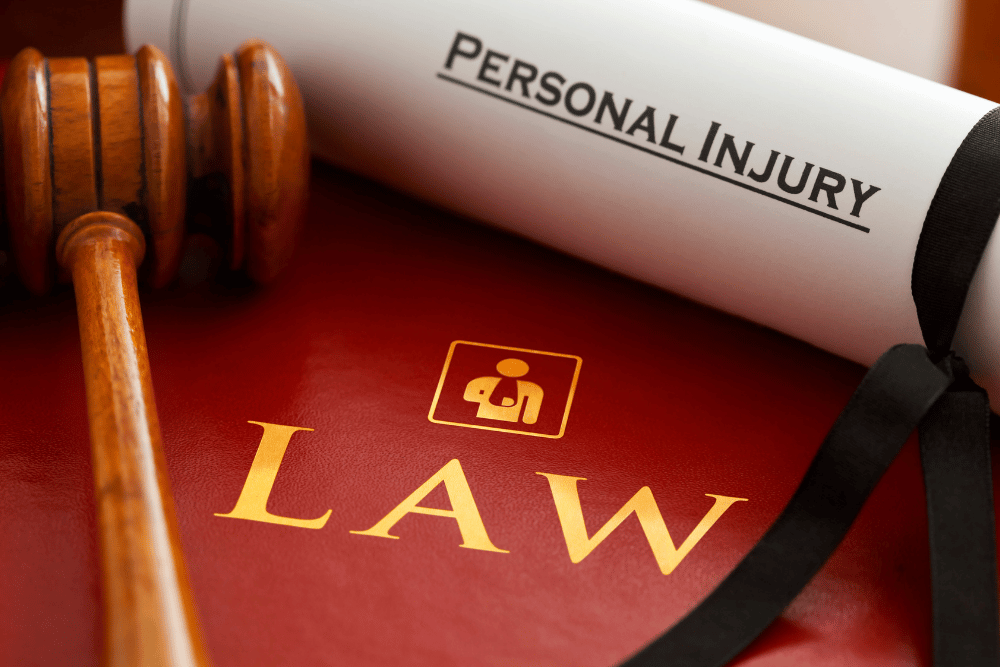
In New York, if an accident causes serious injury, you may be surprised to learn that some injuries constitute grounds to file a personal injury lawsuit.
New York’s serious injury threshold majorly impacts those injured as the result of an accident. The state’s No-Fault Law also plays a role in certain accidents, which can hinder recovering damages.
Here’s what you need to know about laws in New York that affect damages received for injury, as well as requirements for “serious injury” in the state.
New York’s No-Fault Law
In New York, No-Fault laws rule the world of motor vehicle accidents. If you’re injured this way, your car insurance holds the coverage responsibility, no matter who is at fault for the accident.
After an accident, your insurance should pay lost wages and medical bills. But in order to be eligible to recover damages beyond insurance basics, you must meet one of these two conditions:
- You sustained economic deficits in excess of basic losses, i.e. more than $50,000 in combined lost wage and medical payments
- You sustained an injury that qualifies as a serious injury under the New York State Insurance Law
The Serious Injury Threshold in New York comes into play for the second condition.
The Serious Injury Threshold

What does New York consider to be a serious injury? When injured in a motor vehicle accident, you have sustained serious injury if one of the following occurred:
- Significant disfigurement
- Loss of a fetus
- Dismemberment
- Fracture
- Permanent loss of a body function, member, system, or organ
- Permanent limitation of a body member or organ
- An impairment or injury of a non-permanent nature that prevents you from performing customary, daily activities for at least 90 of the 180 days after the accident
- Death
Exceptions to the Serious Injury Threshold
Some exceptions to the Serious Injury Threshold in New York exist.
For example, this threshold does not cover motorcycle accidents. If you experience an accident on your motorcycle, you can sue the at-fault party even if you only sustain relatively minor injuries.
Other damages qualifying for lawsuit include:
- Medical bills
- Emotional distress
- Pain and suffering
- Lost wages
- Punitive damages for negligent behavior that contributed to the accident
How to Prove a Serious Injury Case
If you have been seriously injured as the result of an accident in New York, you’ll be asked to prove it. A statement from your physician usually doesn’t suffice to meet the threshold.
The law requires clear evidence of a connection between the accident and your injury, how the medical provider reached their conclusion, and the details of medical findings.
Also, any pre-existing conditions or trauma not related to the accident can complicate your claim. Stick to what’s needed: clear establishment of your injury in connection with the accident.
Statute of Limitations
If you have been injured, consult with an attorney as soon as possible after the accident.
You only have so much time to bring a personal injury lawsuit in New York. In most cases, the time frame allows three years from the date of the injury to bring a lawsuit. If you try to pursue a case after that, the court will throw it out.

After your hired attorney establishes that you have a case, they’ll file a personal injury complaint in civil court. The defendant will be served.
Then, a period of pre-trial and discovery takes place. Both parties appear in front of a judge to understand how the case will proceed. Both sides schedule pertinent depositions for witnesses to answer questions under oath.
The complete process can take a few months or even more than a year, depending on the case.
After discovery, the case will either proceed to trial or reach a settlement. It’s not uncommon for settlement conferences to take place during discovery. Often, both parties strive to agree on an outcome and avoid trial altogether.









